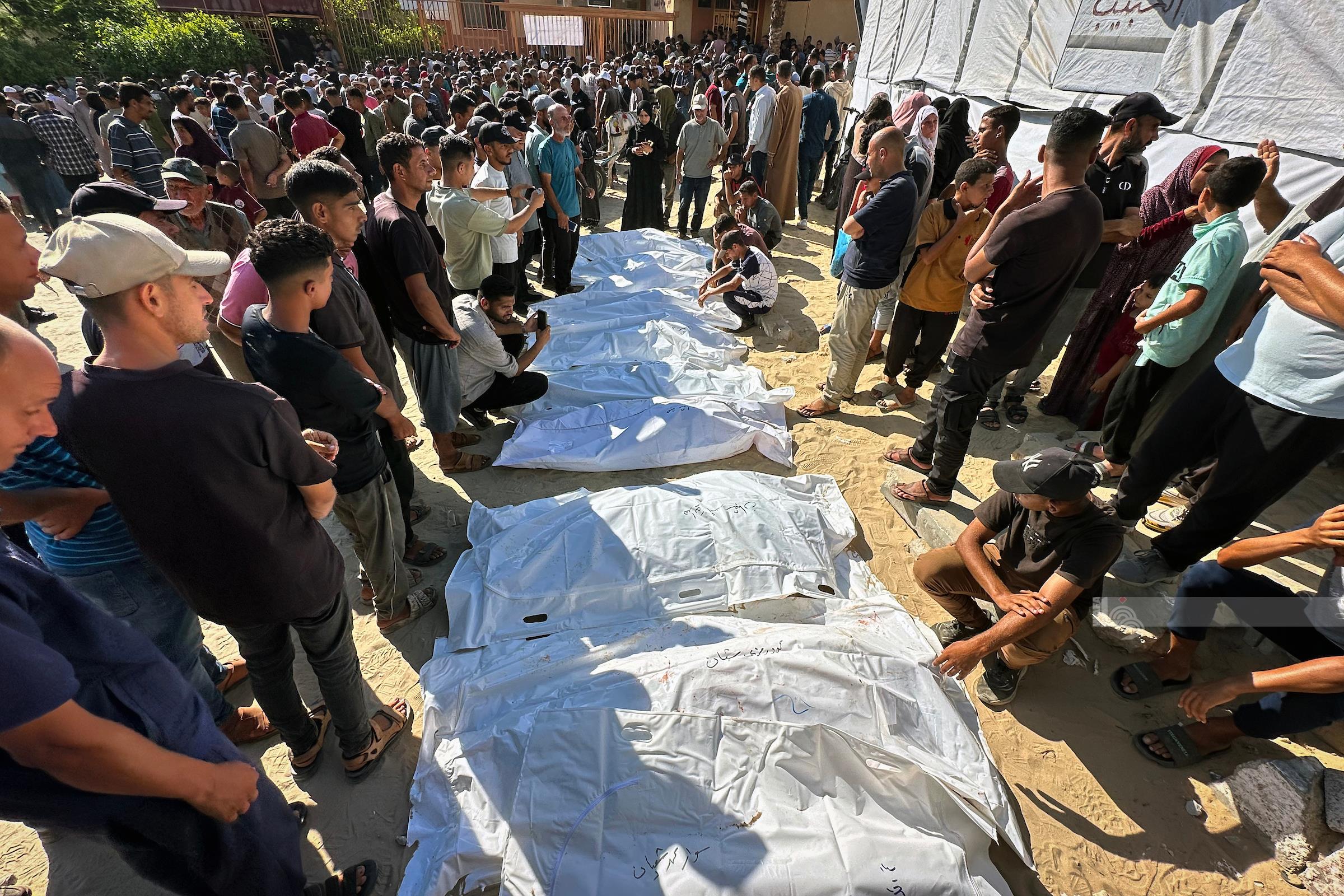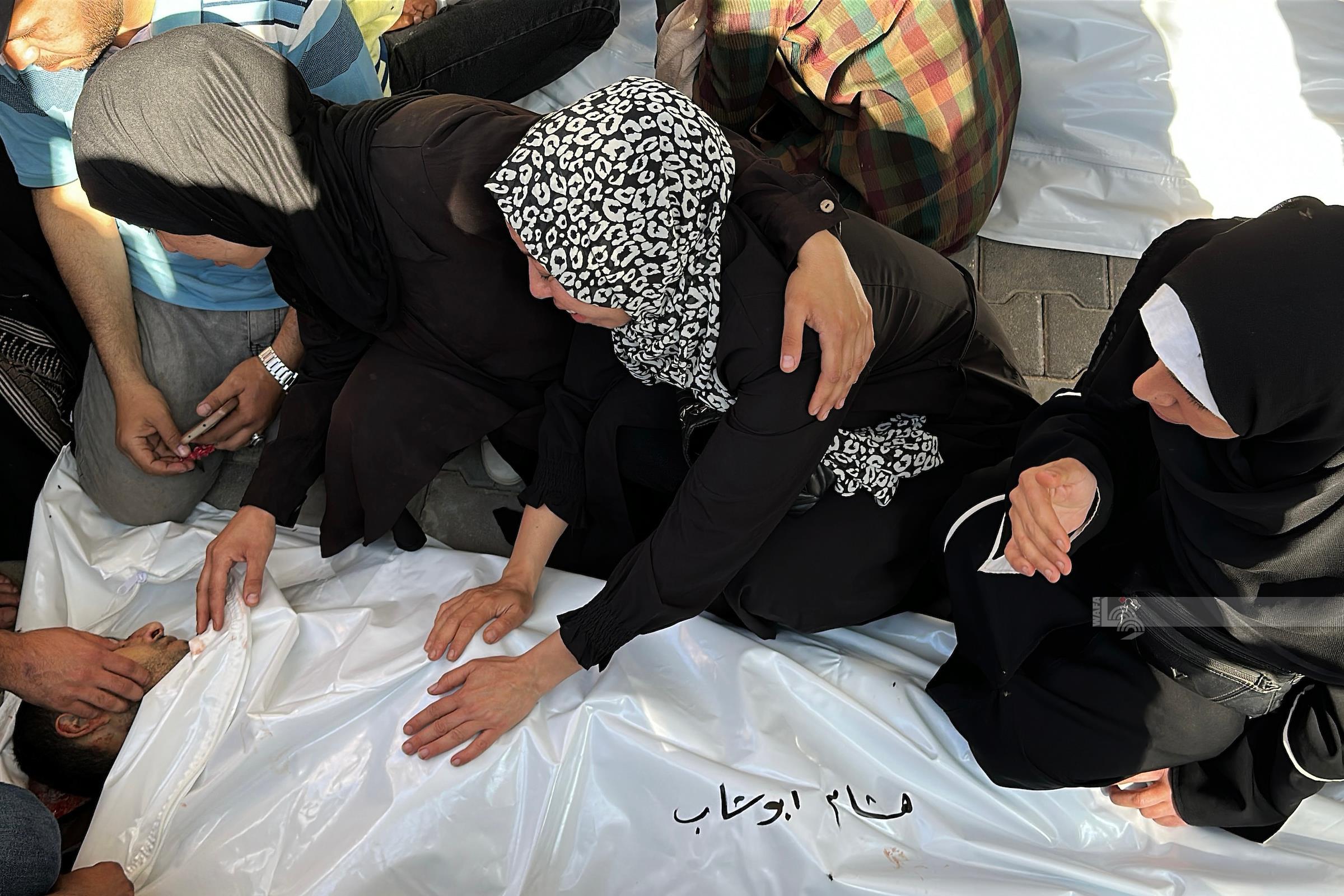NICOSIA, May 8, 2009 (WAFA)- Participants of The United Nations International Meeting in Support of Israeli-Palestinian peace, urged the new Israeli Government to declare its support for a two-State solution.
Convened by the Committee on the Exercise of the Inalienable Rights of the Palestinian People, the meeting was held in Nicosia on May, 6 and 7 2009.
Participants underscored the need to promote and apply the principles of international law to all efforts aimed at resolving the Middle East conflict and in particular, its core issue, the question of
They expressed serious concern about the deteriorating situation in the
The participants were appalled by the lack of any tangible improvement of the situation in
As a result, the Palestinians were faced with severe shortages of all basic and essential supplies, including materials badly needed to commence reconstruction. The participants in the Meeting recalled and reminded that under the Fourth Geneva Convention
They strongly condemned the killing of innocent civilians by either side. Violence proved to be affecting negatively any efforts at promoting political dialogue. Negotiations should not be held hostage to agendas of extremists. The participants called for an immediate lifting of the Israeli blockade of
The participants expressed their appreciation for the immediate and continued engagement of the United Nations General Assembly and Security Council, Governments, national parliaments and their regional and international organizations, and many civil society organizations to achieve a ceasefire, provide basic services to the civilian population, investigate possible violations of international humanitarian law, and demand concrete steps to improve the situation. The participants commended Arab and European parliamentarians who had been among the first on the ground to collect first-hand information and to report back to their Governments and constituencies. They encouraged parliamentarians to stay involved on the issue and to engage their Israeli and Palestinian counterparts, as well as their own Governments with a view to promoting a political solution of the conflict.
The participants denounced the continued construction of the wall in the










